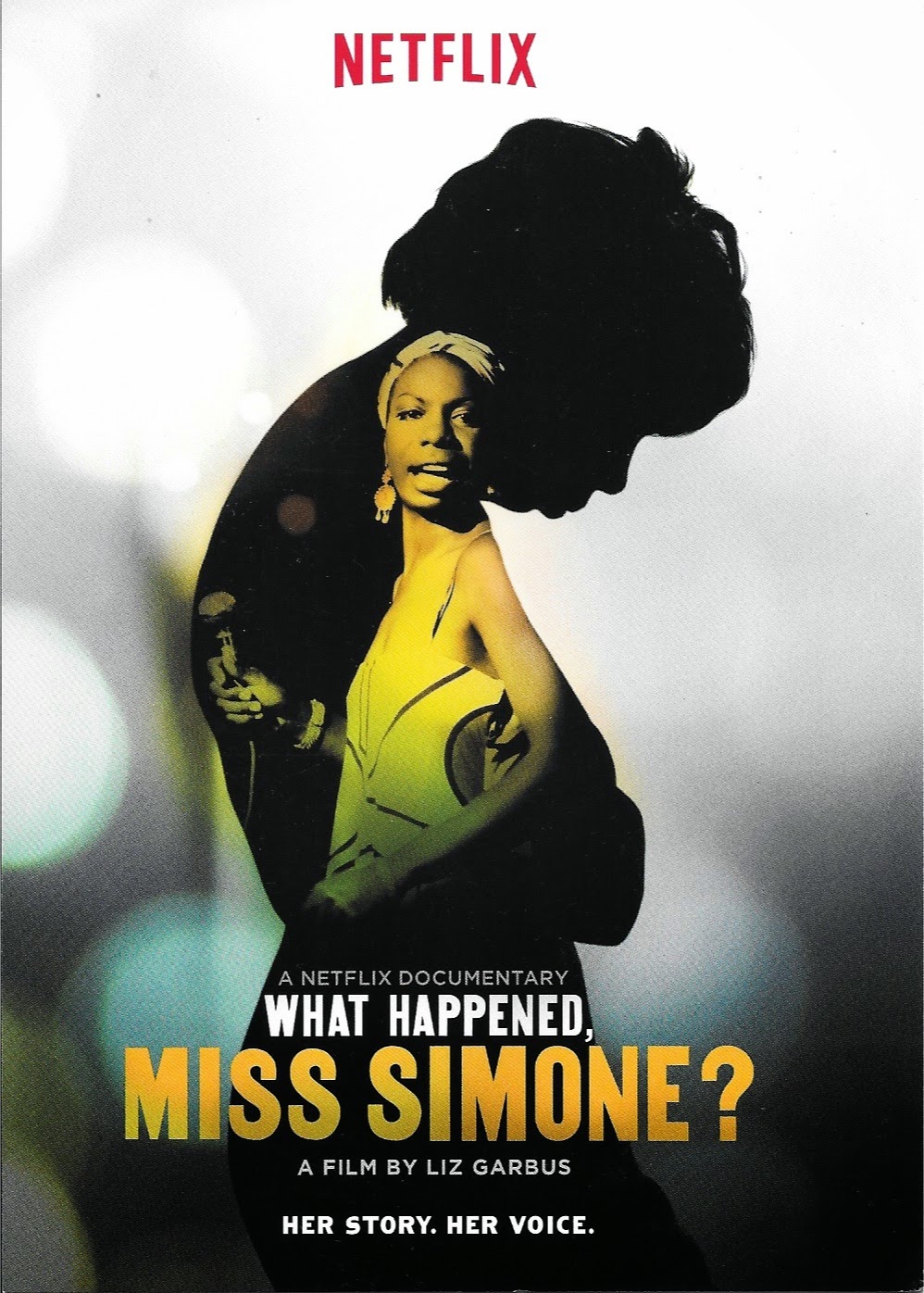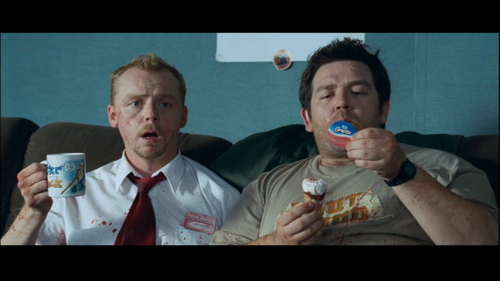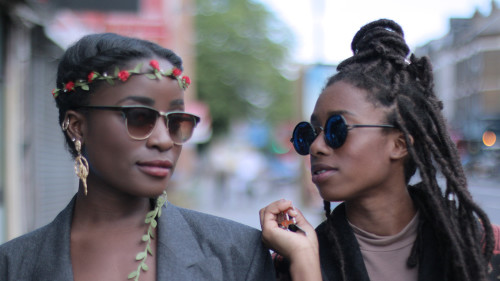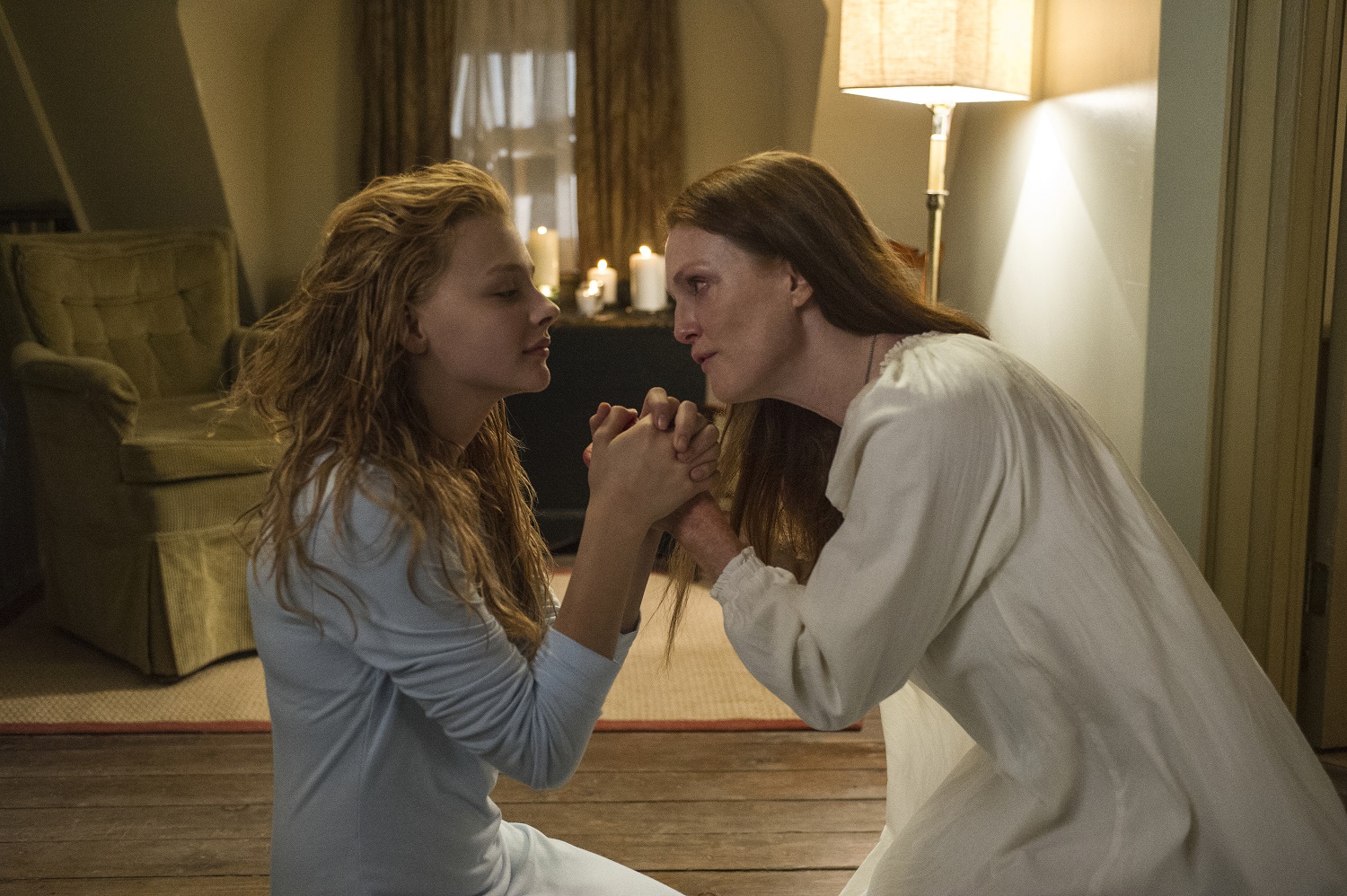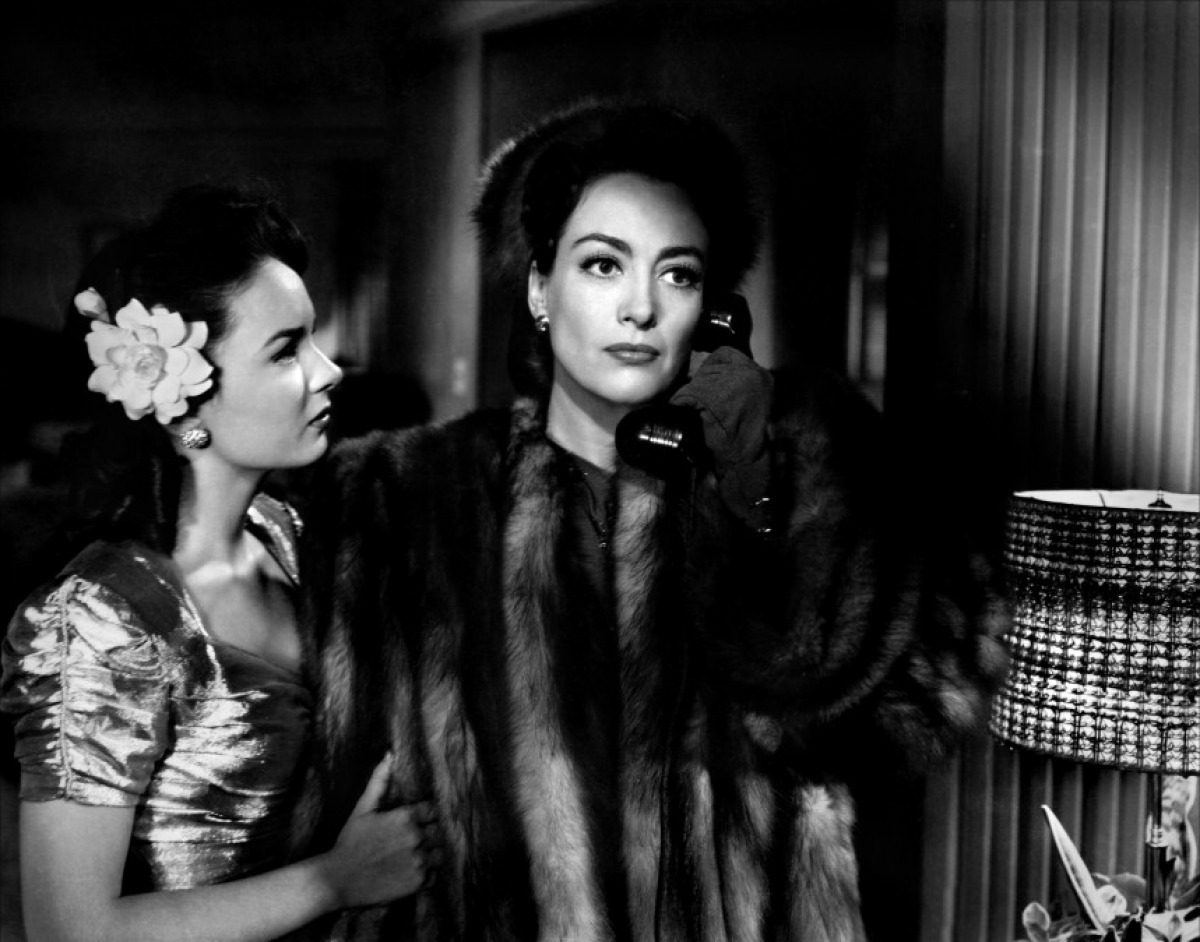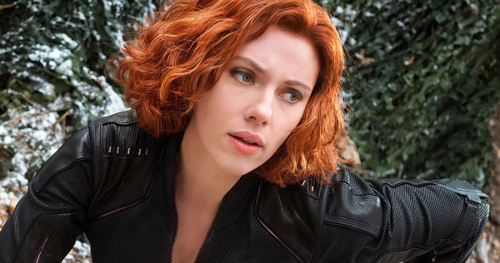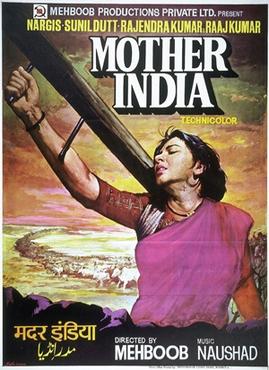‘What Happened, Miss Simone?’: A High Priestess Speaks of Rebellion
Dispersed among the footage are archival glimpses into Nina’s journals, where we can read quick sketches of her own thoughts and feelings. And although the particular journal entries are chosen and shaped to fit the narrative Garbus is presenting, it only helps to give us a deeper understanding of the complexity of being a Black woman artist in racist America. Nothing has changed.
